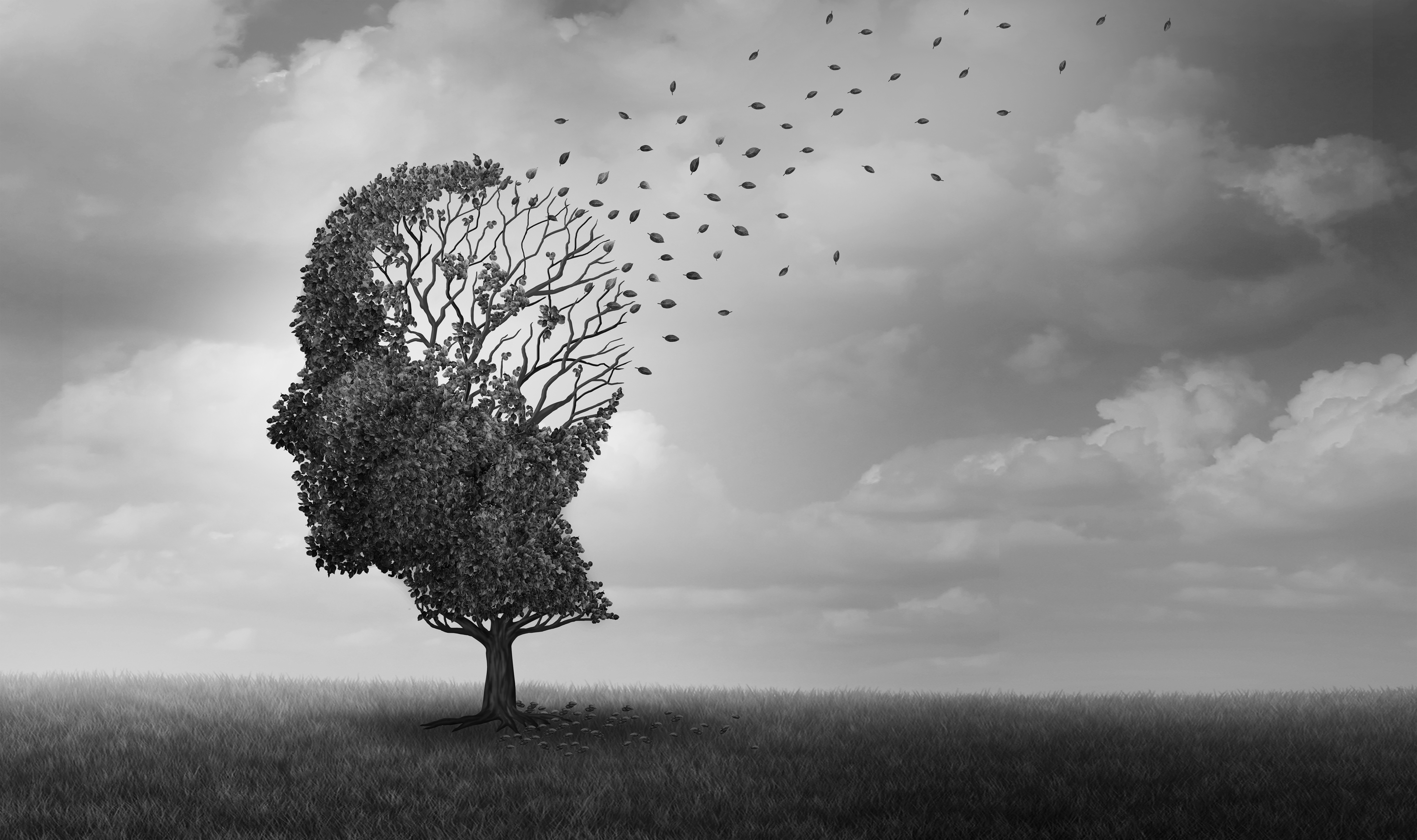When we age, our bodies stop functioning as well and as efficiently as when we were younger; wounds take longer to heal, strenuous activities are more difficult to perform, and once-simple cognitive tasks become insurmountable. The final point is arguably one of the more defining characteristics associated with aging. In particular, age-related memory loss, which is associated with diseases like Alzheimer’s and Parkinson’s, has been the focus of many research studies in both the biomedical and psychology fields. These studies aim to answer many questions, with the most ambitious of their goals being how to maintain or recover memories as we age. A recent study suggests that this goal may, in fact, be achievable.
Image Source: Hiroshi Watanabe
Researchers have found that stem cells in the brains of mice are involved in both learning and memory. Neural stem cells can be activated in such a way that new neurons, or brain cells, are formed in a process called neurogenesis. When the researchers induced neurogenesis in older mice, they found that the ability of these mice to integrate information regarding how to navigate in their environment (learning) and to remember that information (memory) was improved compared to older mice that didn’t receive the intervention. Furthermore, the researchers observed that young mice that had their neural stem cells activated at a young age ended up performing better on cognitive and memory tests later in life compared to mice who did not have the extra stem cells.
Image Source: Andriy Onufriyenko
The findings of this study suggest that neurogenesis can potentially help prevent memory loss in the elderly and delay cognitive decline in the young. However, studies involving animal models come with the caveat that the results described may not be directly translatable to humans, and as a result, further testing in human subjects will need to occur if possible. Nevertheless, the study offers a novel therapeutic approach to a prevalent public health issue as well as new insights into the complexity of the brain and its functions.
Featured Image Source: freshidea










